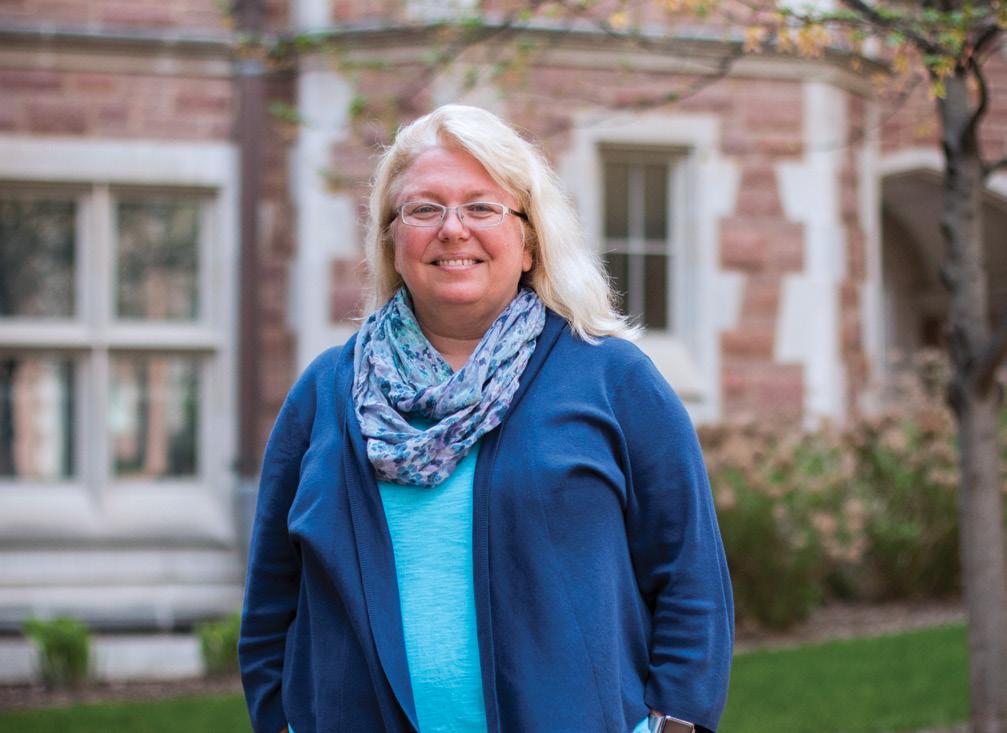
2 minute read
Celebrating a milestone in Arts & Sciences
In August, Feng Sheng Hu, the Lucille P. Markey Distinguished Professor in Arts & Sciences, was installed as the Richard G. Engelsmann Dean of Arts & Sciences. The newly endowed position was established thanks to a gift from Richard G. “Dick” Engelsmann, a lifelong St. Louisan and friend of WashU. During his installation address, titled “Transformations,” Hu talked about his personal and professional journey as well as the school’s 10-year strategic plan, which aims to transform scholarship, teaching, and impact.
“I am very honored to be the inaugural Richard G. Engelsmann Dean of Arts & Sciences,” Hu said. “This generous gift from Dick Engelsmann will allow Arts & Sciences to shape Washington University in extraordinary ways for years to come.”
Advertisement

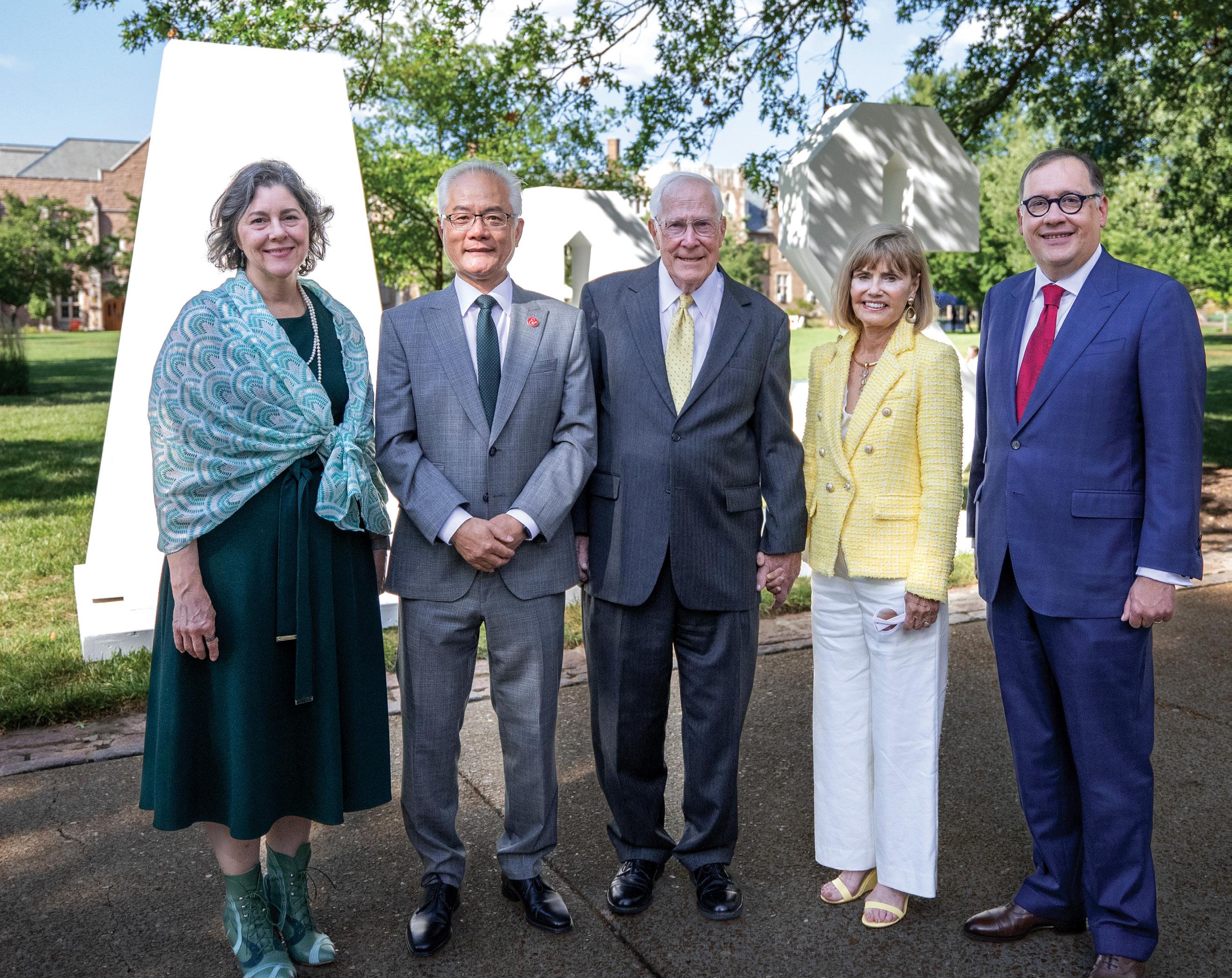
A formal installation ceremony was held in Graham Chapel, followed by a reception and a student festival on the Olin Library lawn.
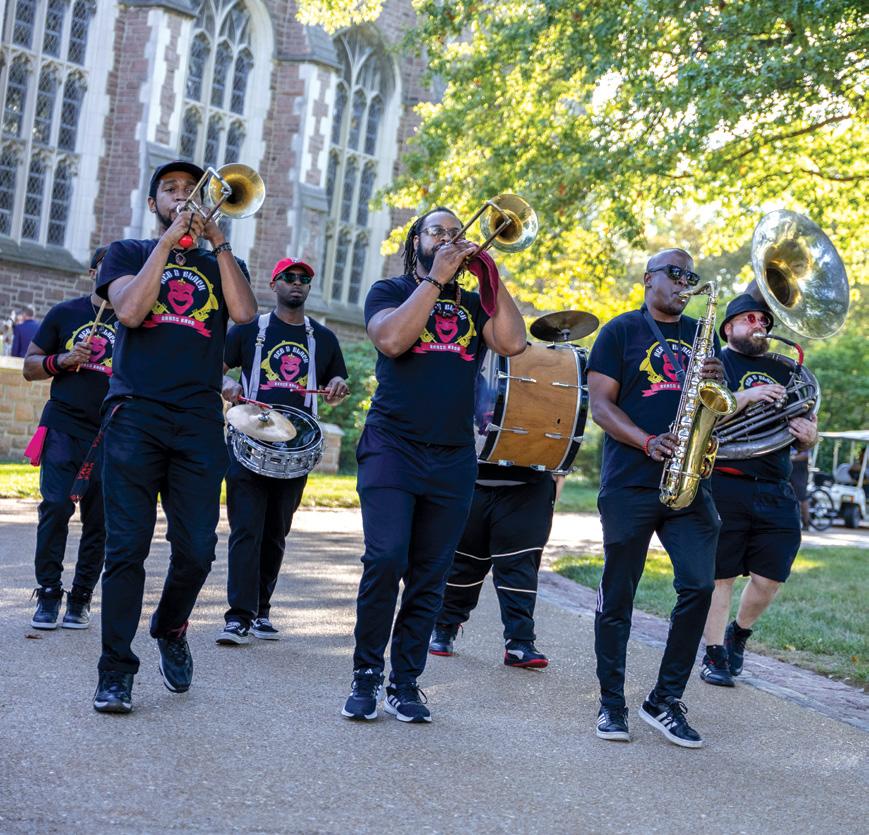
Department of Sociology Professor to president
Adia Harvey Wingfield, the Mary Tileston Hemenway Professor and vice dean of faculty development and diversity, has been elected the 116th president of the American Sociological Association. In this role, she will be responsible for leading the association’s overall strategic direction and policymaking. Wingfield is a leading expert on gender equity and racial inequality in the workplace. Her research examines how and why racial and gender inequality persists in professional occupations.

Chemistry costars
Undergraduate students Cynthia Chang and John Georgiades, both chemistry majors, were chosen to participate in the Beckman Scholars Program. Created by the Arnold and Mabel Beckman Foundation, the program is intended to provide “in-depth, sustained undergraduate research experiences for exceptionally talented, full-time undergraduate students.” Chang studies biofilms created by Staphylococcus aureus Georgiades is researching the mechanisms that bacteria use to develop antibiotic resistance. WashU was one 14 colleges and universities selected to participate in the 2023 Beckman Scholars Program.
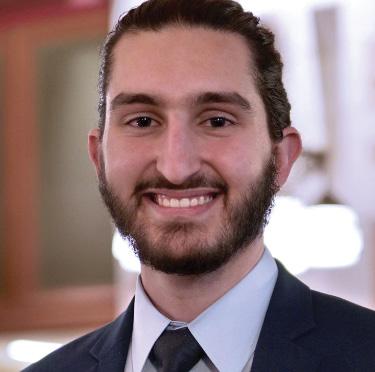
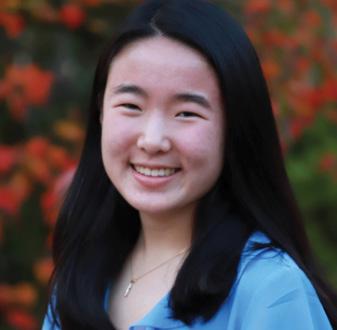
A good read
Christina Ramos, assistant professor of history, won the 2023 Cheiron Book Prize for “Bedlam in the New World: A Mexican Madhouse in the Age of Enlightenment.” The book traces the history of San Hipόlito, a hospital that cared for the mentally disturbed in Mexico City from 1567 to 1910. Ramos has received several awards for “Bedlam,” including the 2022 Bandelier/Lavrin Book Prize and an honorable mention from the Alfred B. Thomas Book Award.
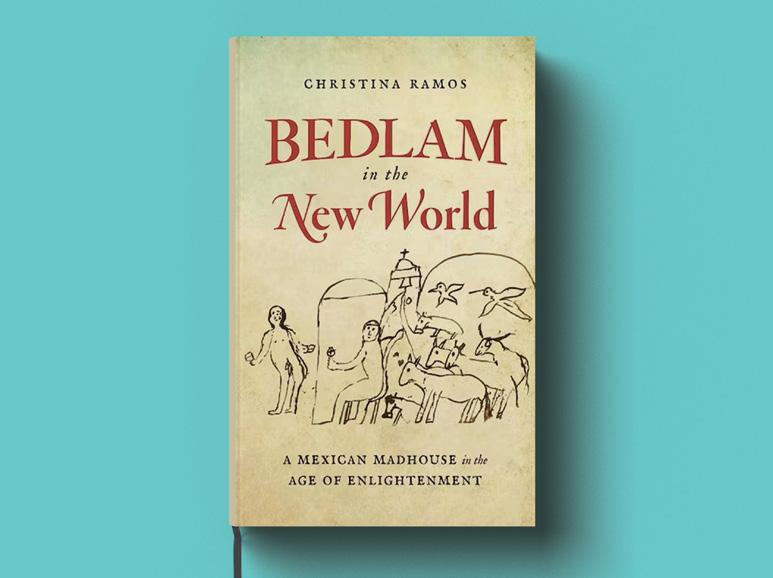
Department of Physics
Glitches in the matrix
In the atomic-level world, tiny flaws can make a big difference. Chong Zu, assistant professor of physics, and colleagues are working to find new ways to harness the quantum power of defects in otherwise flawless crystals. Their work with boron nitride — a material that forms super-thin sheets — could pave the way for innovations in quantum sensors, devices that could have a wide range of useful applications. The work is supported in part by the Center for Quantum Leaps, a signature initiative of the Arts & Sciences Strategic Plan, which aims to apply quantum insights and technologies to physics, biomedical and life sciences, drug discovery, and other far-reaching fields.

Department of Earth, Environmental, and Planetary Sciences
Mitigating risks from fires and floods
Across the country, wildfires have generated smoke that has darkened skies and created unhealthy outdoor air conditions. But radar imaging technology, including some systems used by Roger Michaelides, can provide valuable insight into the location and extent of wildfires in remote Arctic and subarctic ecosystems. Michaelides, assistant professor of Earth, environmental, and planetary sciences, is co-investigator of a new project funded by the National Oceanic and Atmospheric Administration that aims to improve the warning systems for flash floods that threaten areas recently ravaged by fire.
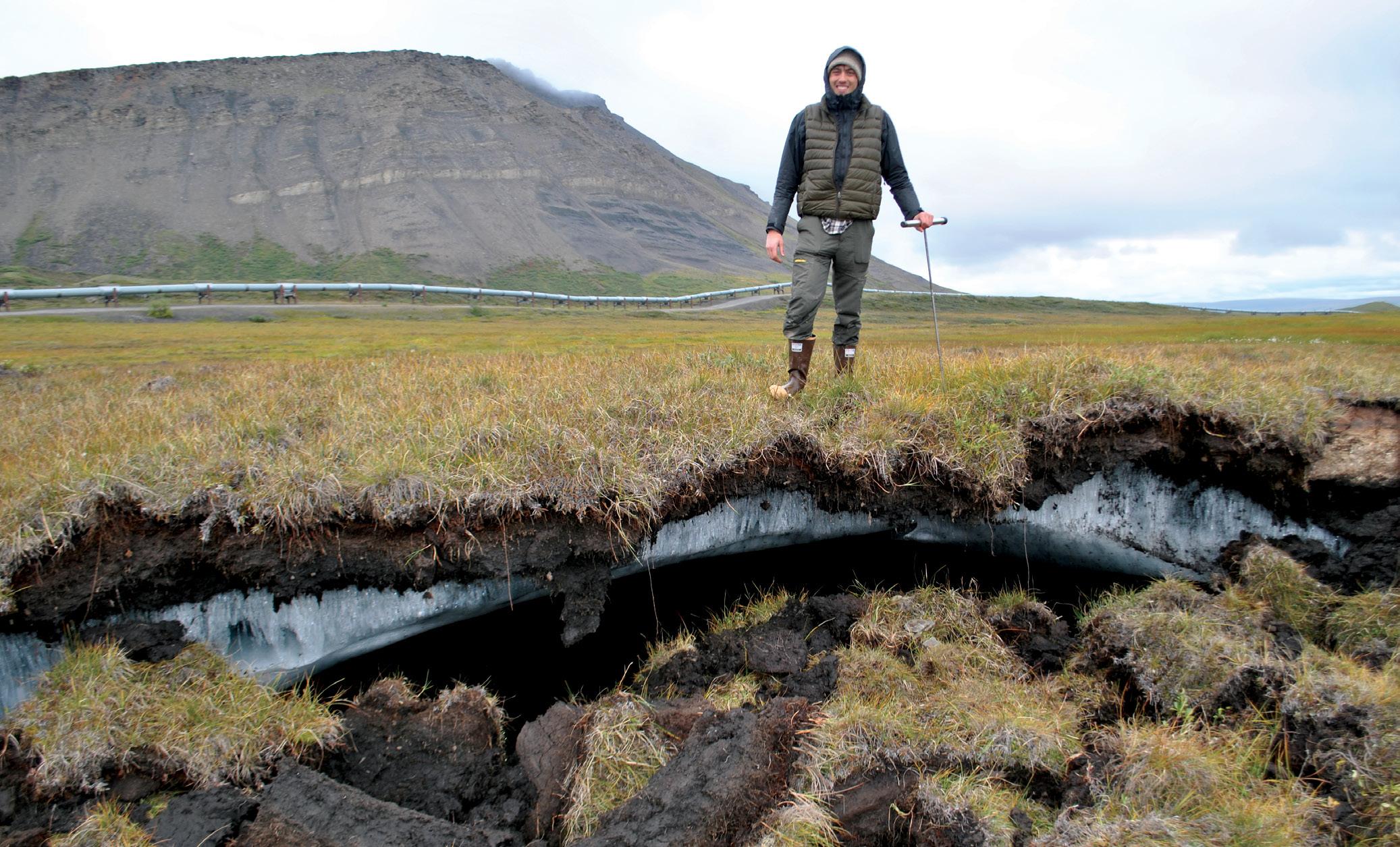
Department of Psychological & Brain Sciences
Pioneering contributions
Deanna Barch, the Gregory B. Couch Professor of Psychiatry and professor of psychological and brain sciences, received the Gold Medal Award from the Society of Biological Psychiatry. The award honors “pioneering contributions” to biological psychiatry and recognizes “significant and sustained work that advances and extends knowledge” in the field. Barch, vice dean of research, is well known for her research into the neurobiological causes of cognitive and language deficits in schizophrenia and other disorders.
